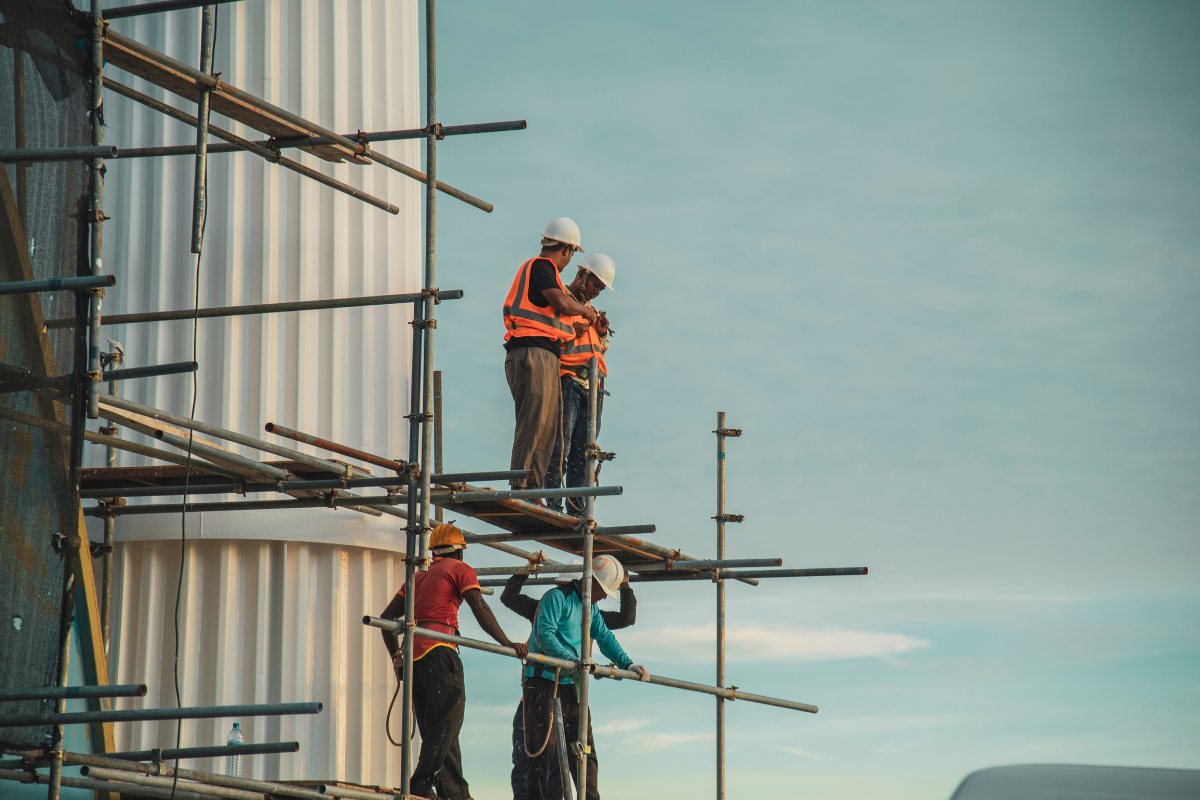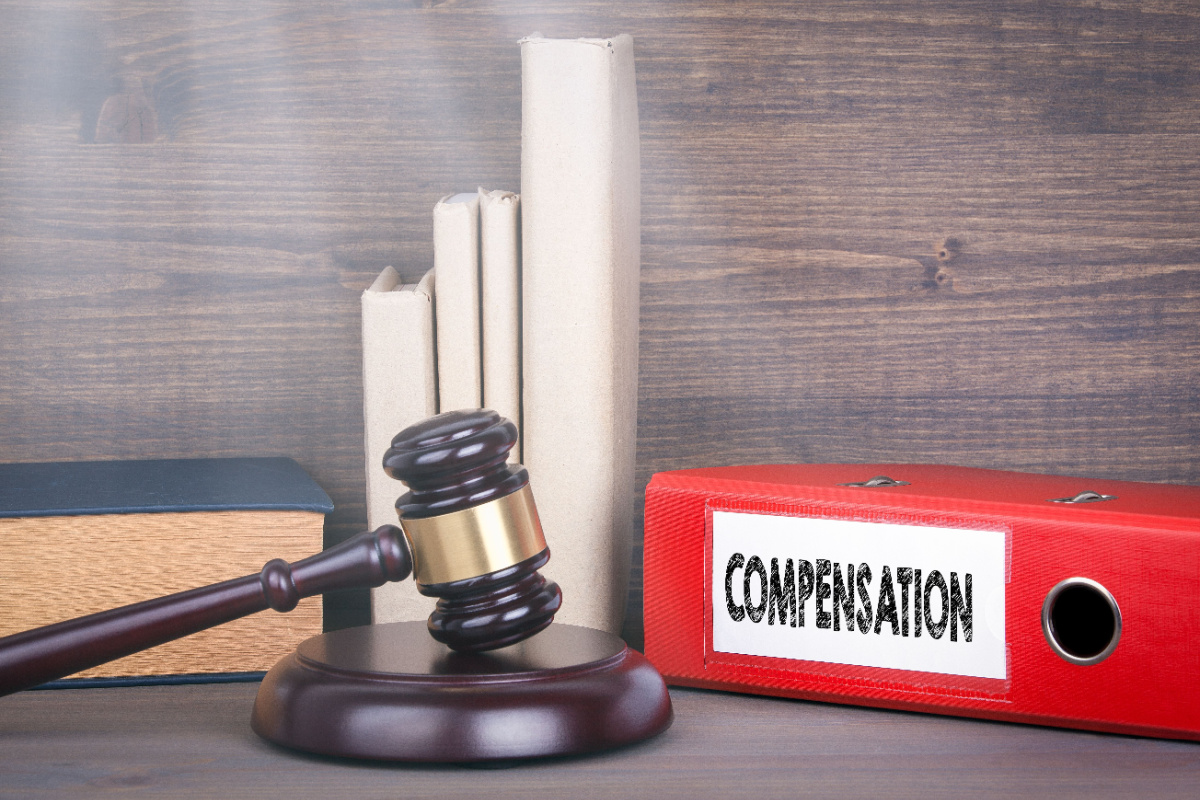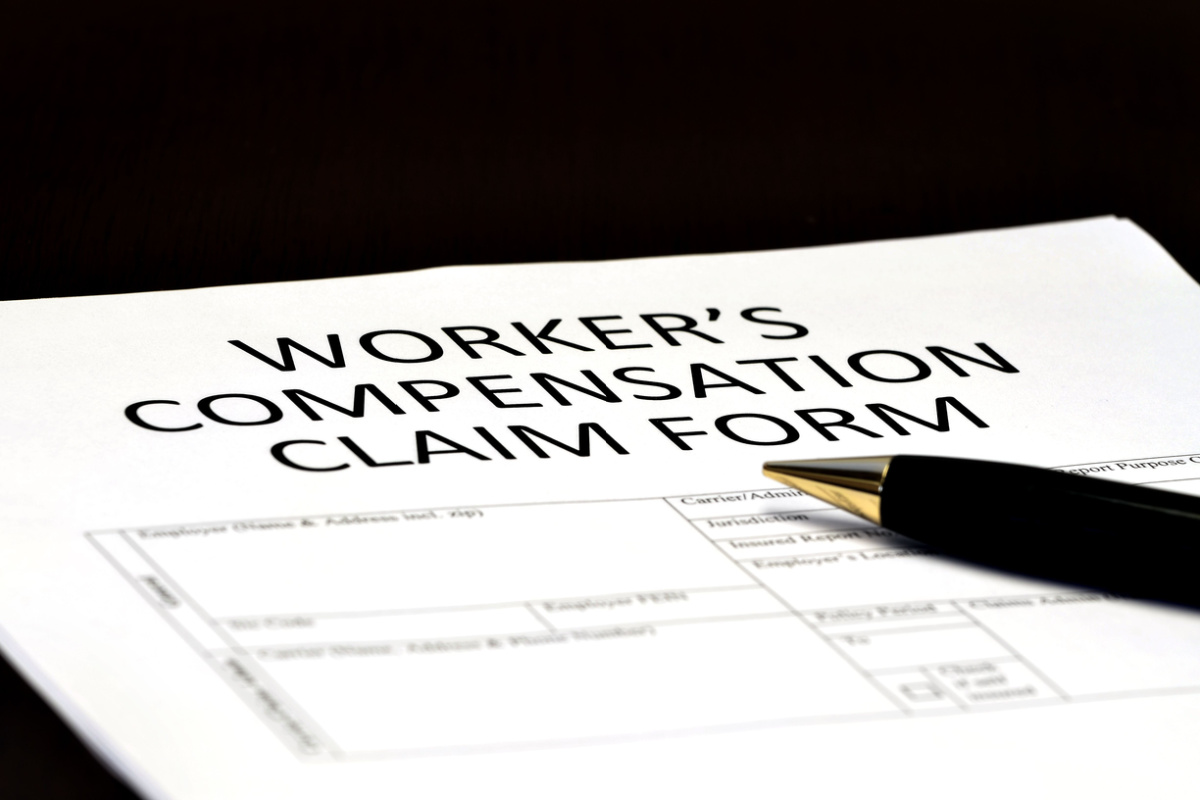
Attorney at Mueller, Schmidt, Mulholland & Cooling
Practice Areas: Motor Vehicle Accidents, Workers Compensation, Property Insurance Claims
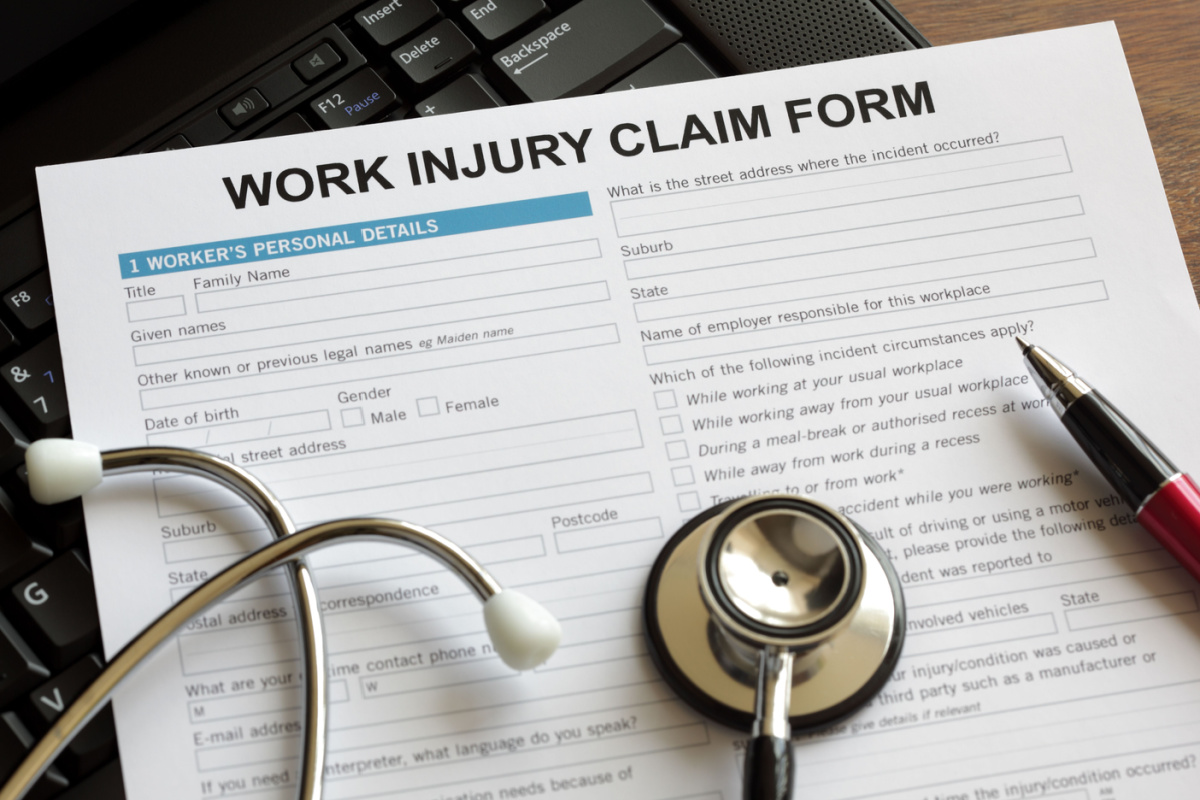
The wind turbine manufacturer TPI Composites has been sued for gross negligence, breach of contract and fraud by a group of five employees for personal injuries they incurred at their Newton factory.The employees allege the chemical resin they applied to the turbine blades caused a severe skin condition and requests for more protective gear were denied. They employees also claim when they voiced their concerns, they were fired as a result. However, the company has denied any wrongdoing. What can an Iowa employee do if their workers’ compensation claim is denied?
Workers’ compensation laws in Iowa serve a vital role in protecting employees who suffer injuries on the job. Essentially, workers’ compensation is an insurance program mandated by the state. It offers benefits like coverage for medical costs, wage replacement for time off work, and disability benefits, whether temporary or permanent. These benefits aim to aid injured workers during their recovery and lessen the financial burden. It’s also important to note receiving workers’ compensation benefits typically means an employee relinquishes the right to sue their employer for negligence. However, there are exceptions, and understanding these exceptions is key to fully comprehend the scope of workers’ compensation laws in Iowa.
Reasons for Denied Workers’ Compensation Claims
Workers’ compensation claims in Iowa might be denied for several reasons. One common issue is missing the deadline for reporting an injury or filing a claim. In Iowa, injured workers have 90 days to report their injury to their employer, and two years to file a workers’ compensation claim. If these deadlines aren’t met, the claim can be denied. Another common reason is the injury wasn’t considered work-related. For workers’ compensation benefits, the injury must have happened while performing work duties. Insufficient evidence can also lead to a denied claim. This includes lack of medical documentation or witness statements supporting the claim.
Initiating the Appeals Process
In Iowa, when a workers’ compensation claim is denied, the affected worker can begin the appeal process. The first step involves filing a petition with the Iowa Division of Workers’ Compensation. The worker will need to fill out the appropriate forms, which require information such as the date of the injury, the nature of the injury, and the reason for the denial. It’s vital to be thorough and accurate in providing this information to avoid further complications. Once the petition is filed, it’s a signal to the division the worker disagrees with the denial of their claim. From this point, the appeal process formally commences. It’s worth noting there are strict timelines for filing an appeal, generally within two years from the denial date.
Necessary Documentation for a Successful Appeal
When lodging an appeal for a denied workers’ compensation claim, having the right documentation is key. This paperwork can serve as strong evidence to support the worker’s claim. First, medical records are paramount. These should clearly state the nature and extent of the injury, and how it affects the worker’s ability to perform their job. Second, any incident reports or statements from witnesses at the workplace when the injury occurred can be invaluable. They can provide additional context and details about the incident. Third, any correspondence related to the initial claim such as denial letters should be included. Lastly, payroll records can help substantiate the claim for lost wages. Gathering and organizing these documents can be a significant task, but doing so is a fundamental step in preparing for an appeal.
Deciphering the Notice of Hearing
The Notice of Hearing is a critical document in the workers’ compensation appeal process in Iowa. It is essentially a formal announcement of the date and time when the appeal hearing will take place. It also includes details about the location of the hearing, often held at the office of the Iowa Division of Workers’ Compensation. It’s important to pay close attention to this notice, as missing the hearing can result in an automatic dismissal of the appeal. The Notice of Hearing also lists the issues that will be addressed during the hearing. These might include the nature of the injury, the extent of disability, and whether the injury is indeed work-related.
The Appeals Hearing: What to Expect
The appeals hearing for a workers’ compensation claim in Iowa is a formal event where both sides can present their case. It’s not quite as formal as a court trial, but it’s still a serious proceeding. During the hearing, the worker has the chance to explain why they believe their claim was unjustly denied. This might involve presenting evidence, such as medical records, or witness testimony. On the other side, the insurance company or employer will also have an opportunity to present their argument for why the claim was denied. A deputy workers’ compensation commissioner presides over the hearing. They listen to the evidence, ask questions, and ultimately make a decision based on the facts and laws.
Post-Hearing Process and Decision
After the workers’ compensation appeals hearing in Iowa, the deputy workers’ compensation commissioner who presided over the hearing will make a decision. This decision is based on the evidence presented, the arguments made by both sides, and the applicable laws. It’s important to note this decision does not come immediately. The commissioner will take time to review all the information, which could take several weeks, or even months. Once the decision is made, it’s communicated through a written document known as the arbitration decision. This document outlines the reasons behind the decision in detail. If the appeal is successful, it will include instructions about the benefits to be awarded. If the appeal is unsuccessful, the document will explain why the appeal was denied. Understanding this process can help manage expectations regarding the timeframe and outcome of an appeal.
Next Steps If Your Appeal Is Denied

If a workers’ compensation appeal is denied in Iowa, it doesn’t mean the end of the road. In fact, there are still options available to the worker. One such option is to appeal the denial to the Iowa Workers’ Compensation Commissioner. This step involves a review of the evidence and arguments from the initial hearing, and the Commissioner can either affirm, reverse, or modify the previous decision. It’s important to note this appeal must be filed within 20 days of the arbitration decision. If the Commissioner’s decision is unfavorable, the worker can then appeal to the Iowa District Court, and potentially further to the Iowa Supreme Court. While it can be disheartening to have an appeal denied, understanding there are additional levels of appeal can offer hope and a path forward.
If you believe your condition is a result of your work environment, it’s crucial to be informed about navigating workers’ compensation for occupational diseases in Iowa. In addition to diseases, construction site injuries represent a significant portion of workers’ compensation claims. These injuries can be severe and may require extensive medical treatment and time off work. If you’re in construction and have been injured, knowing your rights is the first step towards recovery, and learning about construction site injury claims is essential.
However, not all workers’ compensation situations are the same, and it’s important to browse through a comprehensive workers’ compensation category to understand the breadth of information available. This includes familiarizing oneself with common issues like repetitive motion injuries, which are increasingly prevalent in today’s workforce. Yet, there are situations where workers find their conditions are not covered by workers’ comp, which can be a significant setback. Knowing the nuances of what is and isn’t covered will prepare you for any unexpected decisions regarding your claim.
If you are dealing with a workers’ compensation claim, contact or call us at 515-444-4000 as soon as possible for a free consultation.
Categories
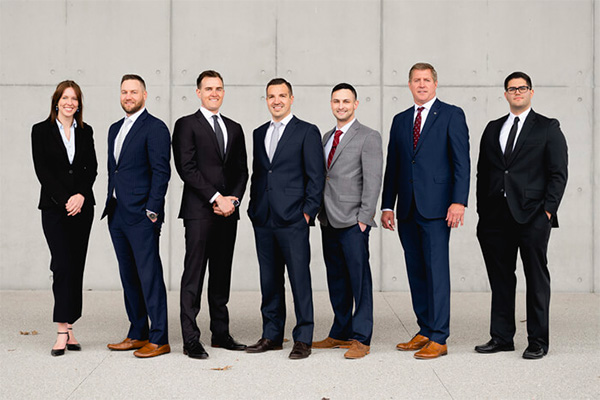
Providing Unmatched EXPERIENCE On Your Case When you find yourself in a situation where you’ve been treated unfairly or you’re in the middle of a legal disagreement, it can be difficult to know what your rights are and how to proceed.





